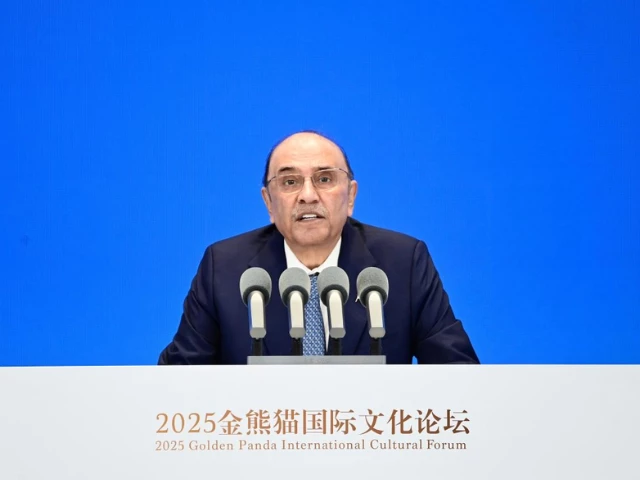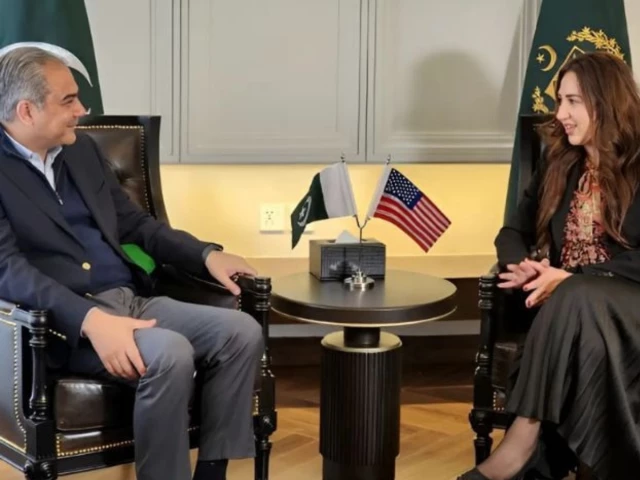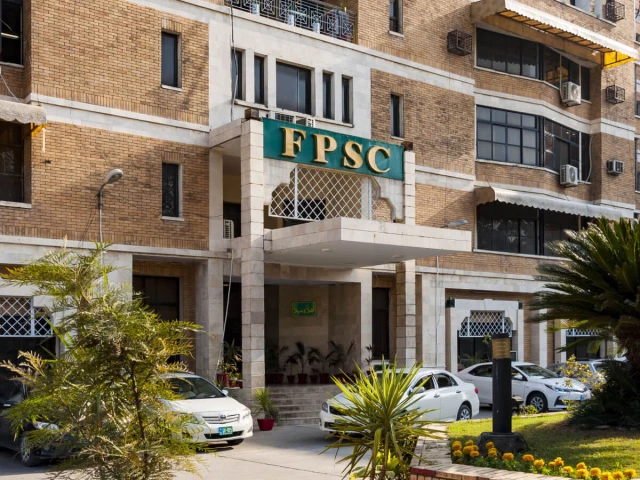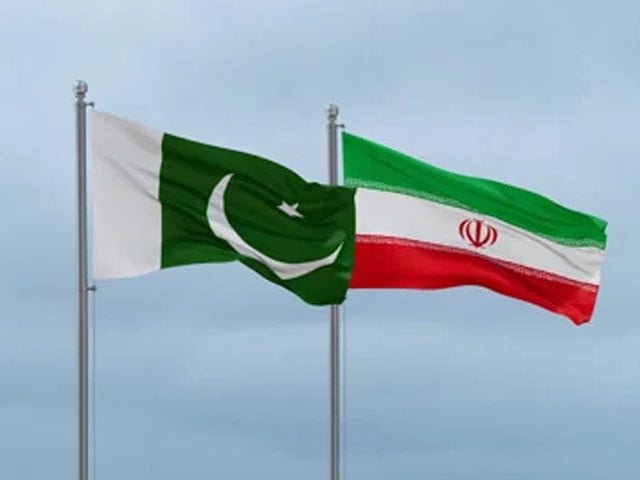Strengthening Ties: Pakistan and China’s Cultural and Economic Engagement
President Asif Ali Zardari recently kicked off a significant 10-day visit to China, reaffirming Pakistan’s commitment to deepen cultural exchanges and solidify partnerships in creative industries. Arriving in Chengdu, he attended the Second Golden Panda Awards and engaged in discussions with senior members of the Communist Party of China (CPC).
During the International Culture Forum, Zardari emphasized that culture serves as a vital bridge for peace and prosperity. He expressed full support for China’s vision of "civilization exchange and mutual learning," highlighting the importance of sustainable development and inclusive international cooperation through initiatives like the Global Development Initiative (GDI). His remarks resonated with those looking to foster understanding and tolerance among nations.
In his discussions, Zardari praised the ongoing dramatic changes in the world and commended President Xi Jinping for promoting cooperation over confrontation. He highlighted how creative endeavors transcend borders, uniting people through shared values. He acknowledged the importance of expanding people-to-people connections, underscoring the unique role of public diplomacy in strengthening the Pakistan-China partnership.
Li Shulei, a senior CPC member, reflected on their relationship by describing the two nations as "iron-clad brothers." He aptly noted, "The world needs the fragrance of books rather than the smell of gunpowder," capturing the essence of their shared journey toward peace and collaboration.
As both countries gear up to celebrate 75 years of diplomatic ties next year, their ongoing dialogues emphasize economic cooperation. Just last month, Prime Minister Shehbaz Sharif attended the SCO Council of Heads of State in China, where both nations signed agreements worth $8.5 billion aimed at enhancing business relationships across various sectors such as agriculture and trade. This "long march of economic development," as described by Sharif, aims to transform Pakistan into a prosperous hub, attracting substantial investment and creating job opportunities.
Moreover, with plans for Zardari to visit cities like Shanghai and Xinjiang, discussions on progressing projects involving the China-Pakistan Economic Corridor (CPEC) are on the agenda. This initiative is vital for enhancing regional stability and fostering economic growth, marking a shared commitment to mutual support on key issues.
The relationship between Pakistan and China is not just about economic agreements; it’s about building a shared future based on mutual respect and cooperation. As these discussions unfold, it’s clear that both nations are steering toward a prosperous horizon.
If you’re interested in further insights on the evolving dynamics of international relations and how countries are navigating these changes, feel free to connect with us at Pro21st! Let’s explore these vital topics together.
At Pro21st, we believe in sharing updates that matter.
Stay connected for more real conversations, fresh insights, and 21st-century perspectives.





